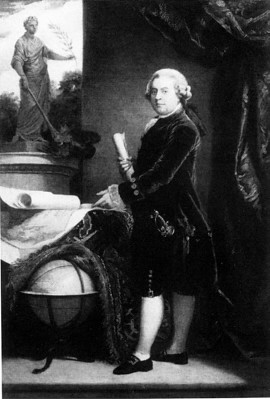Why the Title?
In 1768, British soldiers were posted in Boston to help British officials enforce the Townshend Acts. What ultimately followed is an illustration of the many dangers risked by the insertion of a standing army into the midst of a free people, an unfortunate tragedy.
On March 5, 1770, a confrontation between an angry merchant and a lone sentry posted in front of the Customs House devolved into an angry mob hurling chunks of ice, coal, and stones against a group of quickly assembled reinforcements. When one of the soldiers fell after someone threw a wooden club at him, and someone in the crowd yelled, "Fire!", the shooting began. Five people were killed.
The British soldiers were put on trial with all emphasis on administering it fairly. It was with great difficulty that a defense team was assembled. John Adams, a respected attorney from nearby Braintree, agreed to lead the defense. Adams knew he was risking his reputation, but firmly believed in the principle that every man deserves a fair trial.
Against all odds, Adams and his team were able to uncover the truth of the incident and expose it to the juries. The troops' leader, Captain Preston, was tried separately first, and acquitted.
In the second trial of the soldiers, Adams gave a brilliant closing argument.
It contained a universal truth :
"Facts are stubborn things; and whatever may be our wishes, our inclinations, or the dictates of our passions, they cannot alter the state of facts and evidence; nor is the law less stable than the fact..."
All but two of the soldiers, were acquitted. The two were convicted of manslaughter as there was evidence that they had fired directly into the crowd.
John Adams' representation of the British soldiers cost him much business and set him at odds with is fellow citizens for some time. Eventually, though, his fellow patriots came to respect him for what he had done. Adams' actions and the administration of justice in the case proved that despite all differences, men of principle can act justly under the rule of law.
Adams statement about facts, like many truths, has that universal and teaches that we must face truths, even when we don't like them.


 "We contend that for a nation to try to tax itself into
prosperity is like a man standing in a bucket and trying
to lift himself up by the handle."
"We contend that for a nation to try to tax itself into
prosperity is like a man standing in a bucket and trying
to lift himself up by the handle."






0 comments :
Post a Comment